ROOM: The Space Journal is one of the top magazines on space exploration, technology and industry. At ROOM, we share a common goal – promotion of peaceful space exploration for the benefit of humankind, all while bringing you comprehensive articles on an assortment,a range of popular topics. Our authors include researchers and industry leaders from all over the world, which lets us bring you the newest and accurate information about sputnik russian space program.
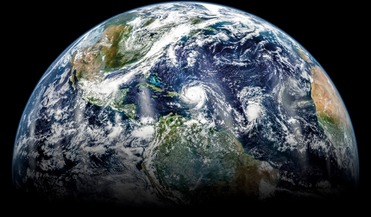 July 2020
Pandemic in space – are we ready?
July 2020
Pandemic in space – are we ready?
... masks and gloves. The real potential of a viral infection was highlighted when in April a Russian space official tested positive for coronavirus after attending the launch of a Soyuz mission to the International...with clear-cut obligations and guidelines for states and space operators is essential for the long-term sustainability of space activities Immediately after the launch of Sputnik 1, over six decades ago, scientists and diplomats met...
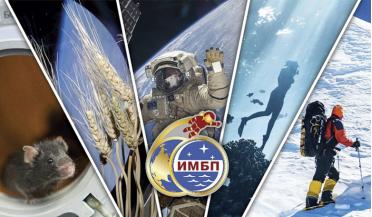 September 2023
The Institute of Biomedical Problems - Sixty years of contributing to the development of space biomedicine
September 2023
The Institute of Biomedical Problems - Sixty years of contributing to the development of space biomedicine
... fundamental and applied research, IBMP experts - in collaboration with related institutions and organisations of the Russian Space Agency and the Academy of Sciences - have scientifically substantiated, developed and put into practice a ...biologist Sergei Ryazansky - have all performed spaceflights. Space biomedical research A unique experience of joint work was gained during the joint Russian-American flight of the Soyuz and Apollo spacecraft ...
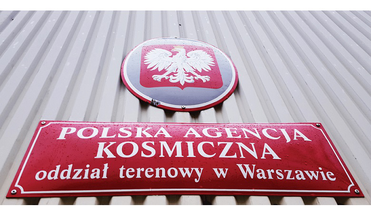 August 2016
Polish Space Agency pursues task of developing country’s space expertise
August 2016
Polish Space Agency pursues task of developing country’s space expertise
... programmes relevant to Poland’s national interest and economy. In the exploration and use of outer space technologies, space systems and the application of satellite techniques taking into account the principles of competition for public...many challenges. Among the most important ones are coordinating and leading discussions between the space industry and space law and policy in order to increase Poland’s participation in the international sphere....
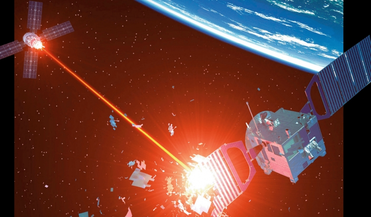 June 2022
Military space – how worried should we be?
June 2022
Military space – how worried should we be?
... but which could also carry a weapon. All this has taken place in an increasingly bipolar space world of a Russian and Chinese axis on one side and ‘the rest’ on the other. These developments take place... the International Geophysical Year, peaceful purposes being the published roles of the first Sputnik, Explorer and Vanguard satellites, even though Sputnik used a rocket initially designed as an intercontinental ballistic missile and Explorer the ...
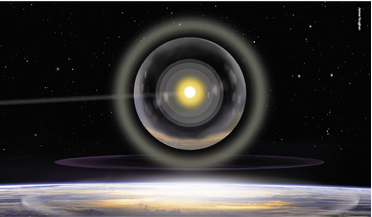 April 2021
Space wars - how they start and how to end them
April 2021
Space wars - how they start and how to end them
The world has come a long way since the first artificial satellite, Sputnik, was launched in 1957. The entire planet now depends on space for economic, military, diplomatic and civilian uses and it is hard to...miscalculation and/or misperceptions. This all depends on senior leaders’ conceptions and/or fears of the threats posed by space systems to their countries’ national security or even their own political futures and, of course, the perception...
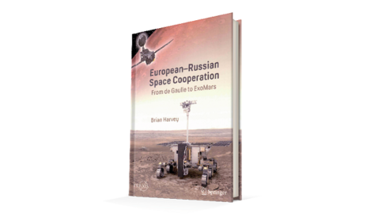 03 October 2021
European-Russian Space Cooperation
03 October 2021
European-Russian Space Cooperation
...points out in the introduction to his new book, in the shadow of Russian-American competition, cooperation between Russia and the third space power, Europe, is often overlooked. According to the author, at least ...” and the cooperation “did not receive the attention it deserved in English-language literature”. This volume on European-Russian space cooperation – subtitled “From de Gaulle to ExoMars” – helps to put the record straight. It is, in ...
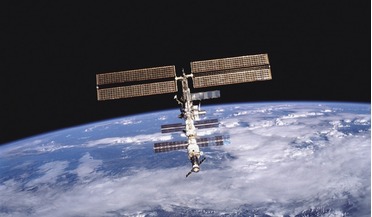 February 2020
Preserving our space heritage
February 2020
Preserving our space heritage
... is because they either re-entered the Earth’s atmosphere long ago and burned up - the fate that befell Sputnik in 1958, for instance - or because they’re still in orbit around the Earth, or sitting on other ...a satellite is still likely to need attitude control and thermal management to maintain its physical integrity in the space environment. There are also hazards ‘up there’ which exhibits in terrestrial museums do not have to endure. Radiation...
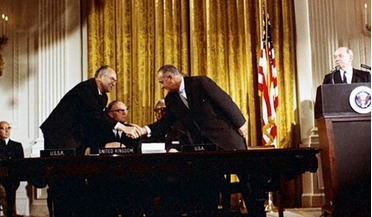 July 2019
Who owns outer space?
July 2019
Who owns outer space?
... an “ideological charter for the Space Age”, having come into force in 1967 amidst the tense atmosphere of the Cold War. According to lawyer and scholar, Carol R Buxton, the launch of Sputnik in 1957 sent “waves of ... problem and... therefore, only subject to a political solution. Without supportive political action to develop the law of space, space lawyers are reduced to the 20th century version of arguing the number of angels that can sit on the...
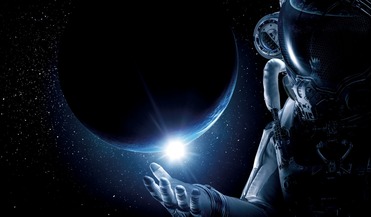 January 2023
Original Sin - Power, Technology and War in Outer Space
January 2023
Original Sin - Power, Technology and War in Outer Space
...reflection of a so-called ‘great power competition’ that may possibly extend to the Moon as US-Russian-Chinese relations sour. For many, ‘space’ conjures majestic images of the planets, stars and nebulae, the Apollo Moon landings, Martian... US astronaut, Kevin Ford Canadian Space Agency astronaut Chris Hadfield and Russian cosmonauts Roman Romanenko (with camera) and Evgeny Tarelkin aboard the International Space Station on Christmas Eve 2012. But...